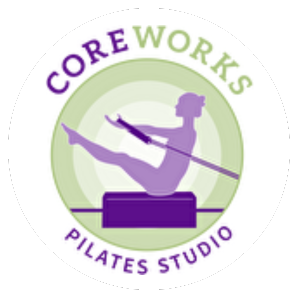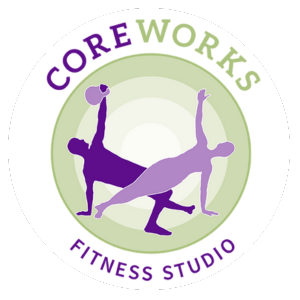If you are living in 2023, I imagine you have experienced some amount of stress or anxiety in your lifetime. It is difficult to escape and it can make you want to crawl into bed and hide because life is uncomfortable.
Stress and anxiety are common experiences that can have a negative impact on overall health and well-being. In addition to mental and emotional distress, stress and anxiety can lead to physical symptoms such as headaches, muscle tension, and digestive issues. Fortunately, there are some options to help you manage and even reduce stress and anxiety.
In today’s article, I’ll offer a number of helpful tips for you to implement into your life starting now! Let’s start with Pilates and the mind-body connection, we are a Pilates studio after all. Pilates is one practice that can help alleviate the symptoms of stress and improve overall mental and physical health.
Pilates is a form of exercise that emphasizes the mind-body connection, focusing on precise movements and breathing techniques to strengthen the body, improve flexibility and overall health.
While the physical benefits of Pilates are well-documented, the mental health benefits are equally important and should not be overlooked. In fact, the regular practice of Pilates can help manage stress and anxiety by promoting relaxation, reducing tension, and increasing mindfulness.
The connection between the mind and body is integral to the practice of Pilates. The exercises are focused and precise, encouraging the mind to be fully present in the moment. The attention and intention of breath can help you tune into your body and become more aware of your physical and emotional states.
This mindfulness can help manage stress and anxiety more effectively, as well as improve overall mental health. This practice of mindful awareness can help quiet the mind and reduce racing thoughts, leading to a sense of calm and relaxation. By connecting to your body, this also increases your ability to listen to your own inner wisdom and intuition.
Pilates also incorporate stretching and flexibility exercises, which can help reduce tension and relieve physical symptoms of stress and anxiety. Tension in the muscles and joints can contribute to stress and anxiety, and regular stretching can help release this tension and promote relaxation.
Pilates is based on key principles that guide the movements and exercises.
- Centering: The focus is on the center of the body, or the "powerhouse," which includes the abdominals, lower back, and hips.
- Concentration: The mind is fully engaged in the movements and exercises, allowing for greater control and precision.
- Control: Movements are performed with control and precision, rather than speed or intensity.
- Precision: The focus is on performing movements with correct form and alignment, rather than simply going through the motions.
- Breath: The breath is used to facilitate movement and increase mindfulness, with an emphasis on deep, controlled breathing.
- Flow: Movements are performed in a flowing, continuous manner, rather than in isolated, jerky motions
These principles are integral to the practice of Pilates and can help individuals increase mindfulness, reduce stress, and improve overall mental and physical health.
In addition to Pilates here are some other tips to reduce anxiety:
- Practice mindfulness: Mindfulness is the practice of being fully present in the moment, without judgment or distraction. This can be achieved through meditation, deep breathing exercises, or simply focusing on the sensations in your body. It can be a formal practice or you can be mindful when you are doing activities of daily life, such as washing the dishes or walking the dog.
- Exercise regularly: Exercise is a natural stress reliever, releasing endorphins that can improve mood and reduce anxiety. Pilates workouts are a great option, as they incorporate mindfulness and relaxation techniques in addition to physical movement. My recommendation is to find a form of exercise you enjoy and you will continue to do regularly.
- Get enough sleep: Lack of sleep can contribute to stress and anxiety, so it's important to prioritize sleep and ensure you are getting enough each night. Turn off artificial lights and screens at least an hour before you go to sleep. Do something relaxing to help you calm down and go to sleep easier.
- Practice relaxation techniques: Relaxation techniques such as progressive muscle relaxation, visualization, epsom salt baths, or massage can help reduce tension and promote relaxation.
- Connect with others: Social support can be an important factor in reducing stress and anxiety, so it's important to connect with friends and family members and seek support when needed. You may even want to connect with others while you exercise!
The consistent practice of the above tips will support the reduction of stress and anxiety and improve your mental health.
As mentioned above, regular practice of Pilates can have a positive impact on mental and physical health, helping you manage stress and anxiety and improve overall well-being. If you are looking for a form of exercise that can promote relaxation, increase mindfulness, and improve overall health, consider incorporating Pilates into your routine. If you are new to Coreworks, get started with the new student special offer for a month of classes for $99.


